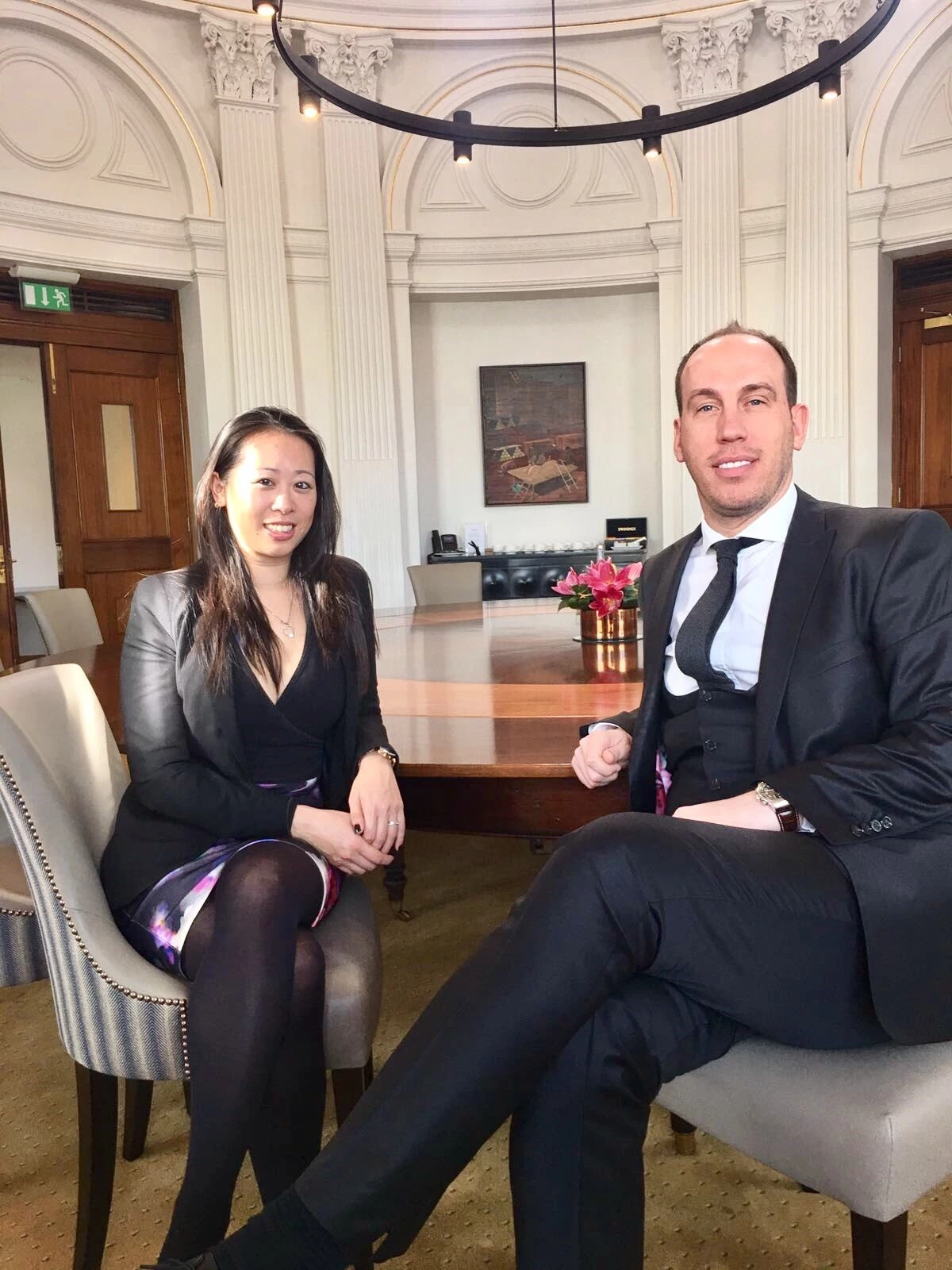
Partner Article
Family law firm calls for clarity over special contribution divorce cases
Following the recent news that a Russian billionaire has been ordered to pay his estranged wife £453 million in a divorce settlement after a hearing at the High Court, family law specialists Hunter & Uro have raised concerns over the way ‘special contribution’ divorce cases are heard in court.
The £453 million settlement has been described as one of the biggest made by a UK court. The husband argued that he had made a ‘special contribution’ to the generation of wealth, but the judge concluded the couple had made ‘equal contributions to the welfare of the family’ and the husband ‘did not explain in his statements precisely why he could be said to have made a stellar contribution’.
This case follows the recent publicity surrounding Ryan Giggs’ request for a ‘special contribution’ to be considered in his divorce case, which is yet to go to court.
Family law specialists Hunter & Uro want to raise awareness of this issue and the difficulties it presents for solicitors and clients.
Philip Hunter, Partner at Hunter & Uro, says: “In some divorce cases, wealthy people who want to avoid an even split of their marital assets can argue for a bigger slice of the pot, providing they can prove they made a ‘special contribution’ towards the financial welfare of the family.
“Evidence of this could be ‘an exceptional and individual quality which deserves special treatment, whether by genius in business or some other field’, or if the level of earnings is so ‘obvious and gross’ that equality of division is deemed unnecessary.
“However, the ‘special contribution’ concept is being inconsistently applied by the courts, creating waves of uncertainty for law practitioners and client alike. The courts have made it abundantly clear that there will not be a threshold of ‘obvious and gross’ wealth accumulation that justifies a special contribution award.”
Citing a case in 2016, when 16-time world darts champion Phil Taylor and his ex-wife Yvonne went to court to settle their financial dispute after the breakdown of their marriage, Pui Uro, also Partner at Hunter & Uro adds: “It might be argued that Mr Taylor’s sporting abilities are so extreme that he is touched with sporting ‘genius’, with this spark being the primary means for the family generating substantial wealth.
“Mrs Taylor had never worked since the parties were married in 1988, devoting herself to their children and grandchildren. Nevertheless, the court stated that the parties, who had assets measured in multi-millions, had made equal contributions to welfare of the family.
“There are plenty of examples of parties with vast wealth accumulated during a marriage that have unsuccessfully pursued special contribution arguments. In practice, claims for special contribution tend only to arise in cases of great wealth generated by a party’s success, usually in business, during the marriage. However, focusing on issues other than pure monetary wealth, e.g. genius or exceptional skill in sport, may make it less obvious as to whether that substantial wealth generated during the marriage is or is not the product of a special contribution.”
“I think it’s important that more awareness is raised over this issue in a bid to achieve more clarity and consistency in the determination of these special contribution claims by the courts. In the meantime, I’d urge practitioners to exercise extreme caution when undertaking these kind of complex matrimonial cases, and clients to seek expert help and guidance from established specialists in this field.”
This was posted in Bdaily's Members' News section by Emma Speirs .
Enjoy the read? Get Bdaily delivered.
Sign up to receive our popular morning London email for free.








 Raising the bar to boost North East growth
Raising the bar to boost North East growth
 Navigating the messy middle of business growth
Navigating the messy middle of business growth
 We must make it easier to hire young people
We must make it easier to hire young people
 Why community-based care is key to NHS' future
Why community-based care is key to NHS' future
 Culture, confidence and creativity in the North East
Culture, confidence and creativity in the North East
 Putting in the groundwork to boost skills
Putting in the groundwork to boost skills
 £100,000 milestone drives forward STEM work
£100,000 milestone drives forward STEM work
 Restoring confidence for the economic road ahead
Restoring confidence for the economic road ahead
 Ready to scale? Buy-and-build offers opportunity
Ready to scale? Buy-and-build offers opportunity
 When will our regional economy grow?
When will our regional economy grow?
 Creating a thriving North East construction sector
Creating a thriving North East construction sector
 Why investors are still backing the North East
Why investors are still backing the North East